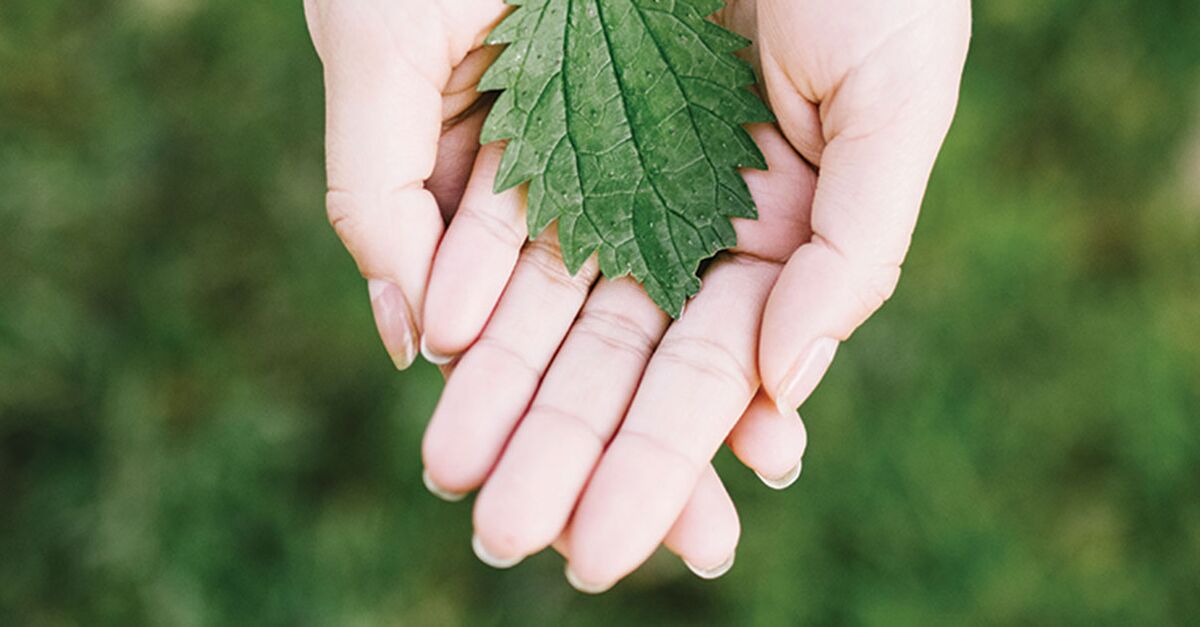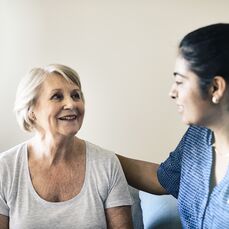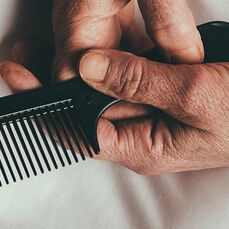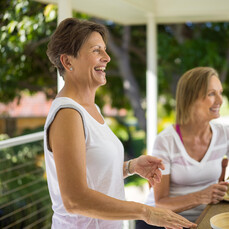
While we take care of our physical health with regular exercise and eating as well as we can, it’s just as important to focus on mental health in older adults.
So, you walk every day. You eat healthily (or at least, you practise everything in moderation). You get your blood pressure and cholesterol checked. You even see the dentist regularly. You do all the things a health-conscious person should.
But ask yourself this: When was the last time you checked in with your brain? It's a sobering fact that approximately 45% of Australians will experience a mental health condition at some point in their life. In any given year, around 1,000,000 Australian adults have depression, and over 2,000,000 have anxiety.
Mental health matters for all adults
We're living in a time of constant flux. Technology is developing rapidly, and the internet has changed how we communicate. The COVID-19 pandemic has sparked or amplified mental health problems for many. And these days, it seems everyone is rushing without taking the time to ask how people are or slowing down to wait for the answer.
Many of these can lead to feeling left behind, isolated, and insignificant. And while dealing with things like arthritis, creaky knees and ever-growing wrinkles as we age can be hard, there are many ways to live a rewarding and positive life with the right outlook and social support.
Accepting, engaging and speaking up to support each other
‘When you get to a certain age, say, post-65, your biggest concern becomes your health because at some point you may lose the capacity to do things. For example, that game of tennis you've loved for so long. And the realisation that life is changing can be confronting,’ says psychotherapist Marie Rowland from Talking Matters.
‘We experience loss in our lives in all sorts of ways. And as with any loss, we have to grieve but also accept that through acceptance, you can swap it out for something else. You still want to maintain a meaningful life, so you have to be conscious about what changes are going to occur. Think about how you can incorporate new things in your life and re-engage with them in a meaningful way.’
Rowland believes mental and physical health are equally important and should work in tandem. ‘We live in a society that wants to diagnose and treat through medication. But if you take a look at eastern societies and also former times, people diagnose and then look at all sorts of lifestyle treatments such as exercise, diet and social clubs. These softer methodologies to alleviate the stress, in conjunction with mental and physical health initiatives, can work beautifully together and in support of each other.’
The hard thing is that not everyone feels comfortable speaking up when they're feeling down. The grin-and-bear-it macho rhetoric common amongst the male population does nothing to help men who are suffering. Men are often reluctant to betray signs of emotional vulnerability, lest they risk being seen as 'weak'. And yet even the wealthiest, most successful men are susceptible to depression. Stephen Fry, Gary McDonald, Jim Carrey. All high-profile personalities who have been beset by the 'black dog.' The good news is that the more we openly acknowledge there's a problem, the easier it is to reduce stigma and encourage men (and women) to seek the help they need.
Help is available and social interaction is key
There are many initiatives out there designed to encourage communication with an emphasis on mental health. The Australian Men’s Shed Association allows men to connect with other like-minded males in the spirit of mateship. This kind of connection can stave off the health issues that manifest as a result of isolation. Meanwhile, R U OK Day in support of suicide prevention exists to 'empower everyone to meaningfully connect with people around them and support anyone struggling with life.'
There's no denying that talking to someone can be an antidote to dealing with the blues.
‘What social interaction does is lets you share the pain. And you deserve to be comforted and acknowledged,’ says Rowland. ‘That's why therapy has become such a big thing nowadays because we don't take the time to genuinely validate each other. Everything is racing by. Children, grandchildren, life. And social interaction provides a genuine and meaningful connection, but also slows life down to a rate that is compatible with your level of thinking and way of life.’
On the topic of therapy, Rowland says that before seeing a therapist, it’s critical to reach out to your own family or support networks first. Because they can be the conduit to a practitioner who can help you.
Never be afraid to speak up
Never be afraid to speak up. Tell someone if you feel less than chipper, and remember you are relevant. ‘The advice and knowledge that you have are never wasted,’ says Rowland. ‘By connecting back with younger groups through school associations or libraries, you can make a significant impact on the community. And engender feelings of self-worth in the process.’
So do all the things you have to do. Go for a walk. Keep on top of your cholesterol. Remain connected. And remember, a conversation is a powerful thing.
For more information on dealing with depression, please visit Beyond Blue.
For more information about the lifestyle and support offered at our retirement villages, call our customer service team on 1800 550 550.
If you think your family or friends might enjoy this article, please share it with them.
Related Stories



